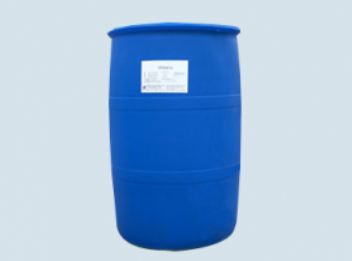Alkyl polyglycosides can be used in many industries and fields, such as washing industry, cosmetic industry, food processing industry, textile printing and dyeing, pesticide and pharmaceutical industry. As raw materials for non-ionic neutral detergent, alkyl polyglycosides have broad application prospects and can be used as high-grade laundry detergent. In addition, alkyl glycosides have broad-spectrum antibacterial activity against gram negative bacteria, gram positive bacteria and fungi. Therefore, it has more advantages as tableware cleaner, shampoo, skin cleaner and toilet cleaner. Alkyl glycosides can also be used as emulsifier, wetting agent, foaming agent, thickener, dispersant and dustproof agent. In recent years, it has achieved good application effect in pesticide emulsifier.

Combined with the product structure and application fields in China, the use of anionic surfactants alkyl benzene sulfonate and alkyl sulfonate will tend to decrease in the future, while fatty alcohol sulfate will increase; cationic surfactant Di octadecyl dimethyl ammonium chloride will decrease; nonionic surfactant fatty alcohol ether will increase; zwitterionic surfactant betaine will remain relatively stable stable.
Surfactant is one of the main components of detergent decontamination formula. Except for special uses, these products are directly or discharged into the environment after being treated by sewage treatment plant. However, anionic surfactants, which are difficult to be biodegraded, play a major role in detergents. The large amount of wastewater containing surfactant not only directly harms the aquatic environment, kills the microorganisms in the environment and inhibits the degradation of other toxic substances, but also reduces the dissolved oxygen in the water, especially the surfactant containing nitrogen and phosphorus will cause eutrophication. When the concentration of surfactant in sewage reaches a certain level, it will affect many processes such as aeration, sedimentation, sludge nitrification and so on.